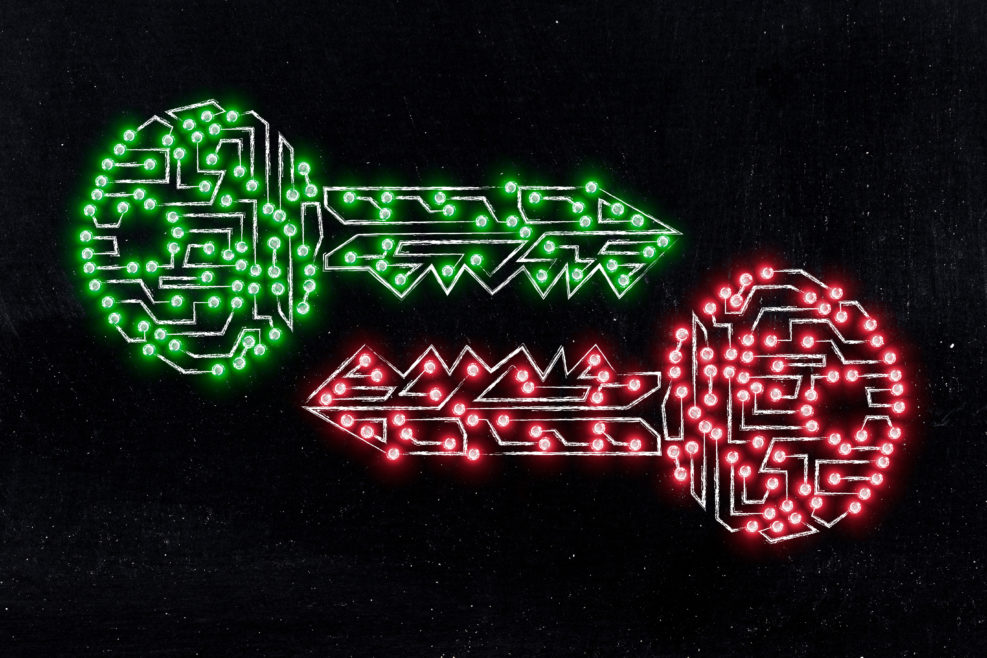
Would Advanced Aliens Be Fully Mechanical? Or Like Octopuses?
Astrobiologist Dirk Schultze-Makuch muses on the possibilitiesMusing on a recent open-access study at PNAS, astrophysicist Dirk Schulze-Makuch notes at BigThink a couple of things that separate really smart life forms from the others. One of them, he guesses, is bilateral symmetry (life forms whose left and right sides are mirror images): “symmetry requires less information for DNA to encode and allows more flexibility to develop future traits that may be advantageous.” He also notes that smart life forms tend to be mobile rather than stationary: “We don’t know of any intelligent plants or fungi, for the simple reason that stationary things don’t have to be smart.” Well, wait. It’s not so much that stationary life forms don’t have to be smart as… what good would it Read More ›


















